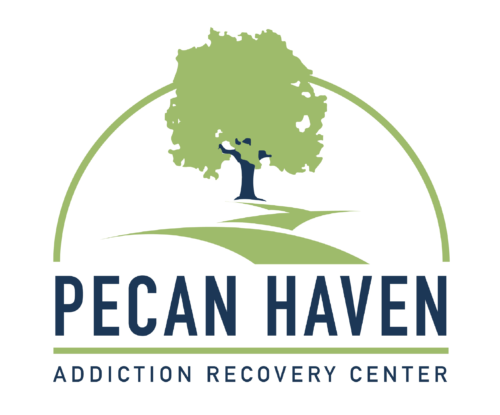You’d be hard-pressed to find someone who isn’t aware that drugs are bad for your body and can have devastating effects on your life. From childhood, we’re all inundated with anti-drug campaigns that show the negative impact that drugs and alcohol can have on a person’s life– and students in public schools across the United States are often treated to assemblies and presentations from police officers in an attempt to “scare them straight”.
So why do people start using drugs in the first place? If we all know they’re bad for you, why are they still around, and why is addiction such a prevalent problem in today’s world?
1. Substances can function as self-medication for a variety of mental health disorders.
An estimated 33 million adults in the United States currently struggle with depression, and a staggering 100 million American adults reportedly struggle with anxiety.
Many of the most commonly abused substances can address the symptoms of anxiety and depression– allowing users to feel “normal” again for a period of time.
The relief they get from their symptoms might, to them, be worth the negative consequences of substance use, which eventually leads to addiction.
2. Drugs can supply dopamine to the brain.
Some mental health disorders, like ADHD, cause low dopamine levels in the brain. These low levels of dopamine can cause people dealing with ADHD to seek out dopamine wherever they can get it.
Of course, not everyone with ADHD is at risk of substance abuse. People can also get dopamine from a variety of other sources– eating carbohydrates, for instance, causes the brain to produce dopamine as well.
3. Peer pressure is a real phenomenon in the brain.
Public anti-drug PSAs might have you believe that it’s as simple as “Just say no!” when your peers are using substances around you.
However, peer pressure is a legitimate factor in the onset of substance abuse. This is especially true for teenagers, whose brains are essentially hard-wired to respond to social situations around them. If a teenager’s trusted friends are using a substance, they will probably want to share that experience with them– it’s not just “bad decision-making”; it’s a result of brain chemistry.
Of course, that’s not to say that it’s impossible to say no! Teenagers are capable of choosing not to partake in substance use, too. However, statistics show that peer influence really can have an impact on decision making.
4. Substance abuse can have a lasting impact on the brain.
Beyond the short-term side effects, like a hangover, there are actually documented negative effects of substance use on the brain.
For example, habitual use of MDMA might cause long-term memory problems and sleep issues. Sleep issues are no joke– we need to sleep so our bodies can recharge and repair themselves, and without proper sleep, we’re at risk of many other physical and mental health conditions.
5. People who are struggling may be more susceptible to addiction.
People who deal with mental health disorders like depression and anxiety have an increased likelihood of substance abuse and addiction, but even people who don’t have a history of mental health issues can be at risk of addiction.
If someone is having a difficult time at school, at work, or in their personal relationships, seeking an escape through substance abuse is a fairly common– if unhealthy and detrimental– response.
Stay on top of it
If you’re having a rough time at work, dealing with depression or anxiety, or are often surrounded by people who are using substances, you might be at risk of developing Substance Use Disorder (SUD).
If you’ve recognized some of your own experiences while reading this article, you might be seeking help with your own substance abuse problems. Here at Pecan Haven, we’re here to let you know that a better life– one that’s free of addiction– is absolutely possible.
Just give us a call or fill out our online assessment today to get started. We’re here to help.
